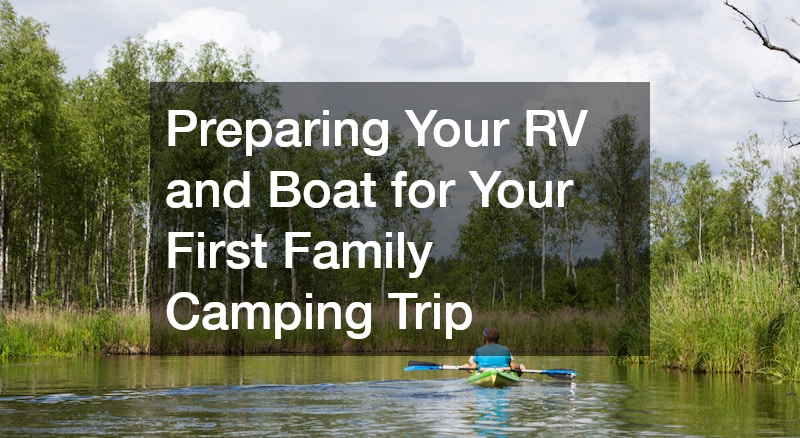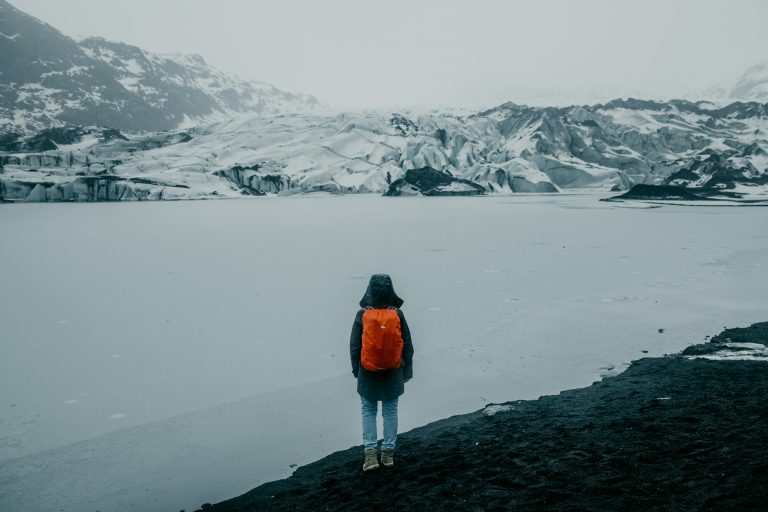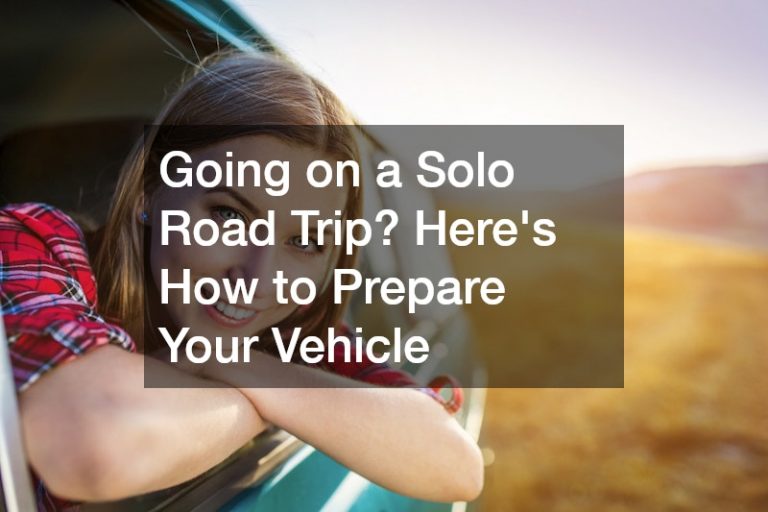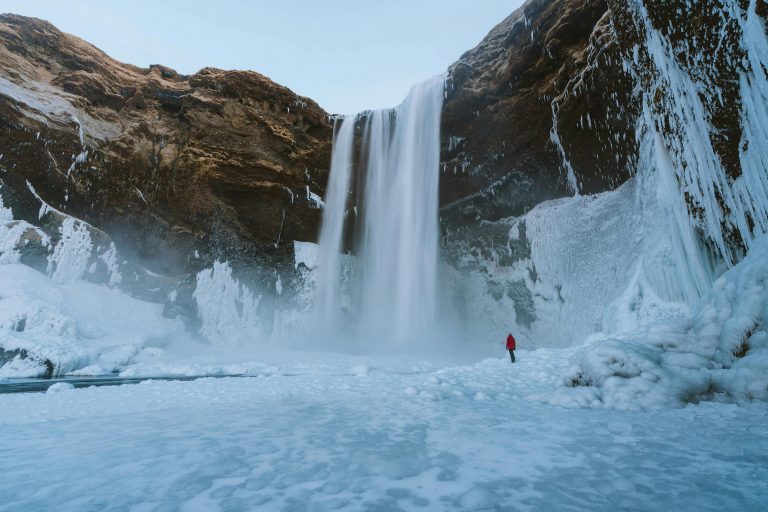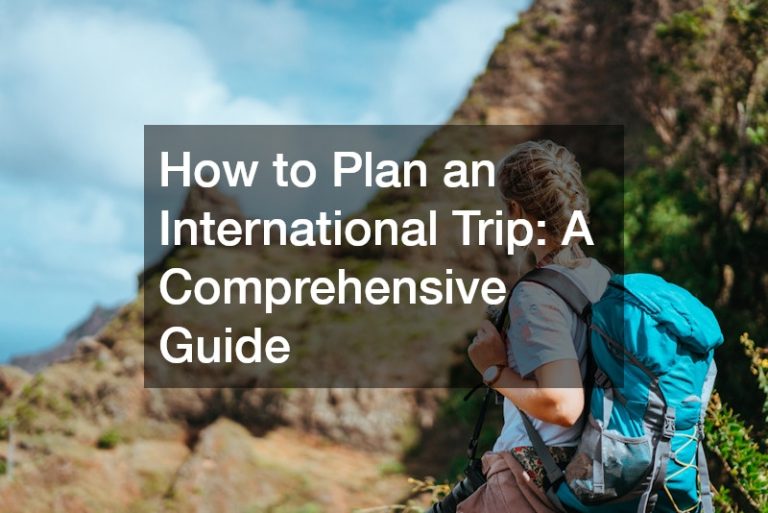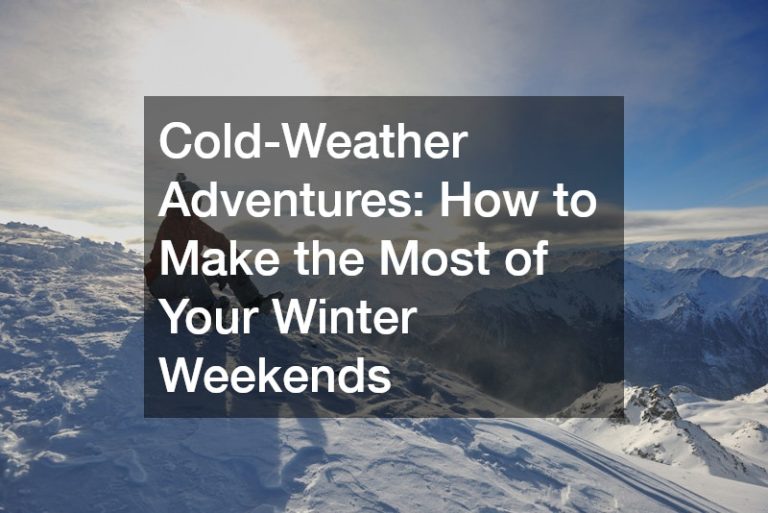Embarking on your first family camping trip is an adventure that promises a blend of land and water escapades, presenting a unique way to connect with nature. Dive in to discover expert tips, practical advice, and everything you need to know for a successful first family camping trip with an RV and boat!

1. Essential Safety Checks for RVs and Boats
The foundation of a successful first family camping trip is ensuring the safety of your vehicles. Regular RV maintenance is key and includes checking fluid levels, inspecting brakes, and ensuring tire pressure is accurate. Just as important is examining the electrical system and ensuring that all lights and signals function correctly.
For boats, a similar approach applies. Check for any hull damage, inspect the engine, and ensure all safety equipment, such as life jackets and emergency flares, are onboard and in good condition. Routine boat repairs and upkeep are essential to prevent any mishaps while on the water.
Lastly, consult RV restoration experts to perform detailed inspections. Getting professional help can catch potential issues that might not be visible during a regular checkup. Keeping your RV storage organized also aids in performing these essential safety checks swiftly and efficiently.
2. Packing Efficiently for Your First Family Camping Trip
Packing efficiently can make or break your camping experience. Start with a checklist to ensure that nothing essential is left behind. Prioritize space-saving equipment and multi-functional items, such as collapsible kitchenware and portable grills, which are ideal for an RV setting.
Incorporate RV accessories to save on costs while still having everything you need. For boat packing, waterproof bags are invaluable to keep your important items dry and secure. Additionally, ensure that your packing includes all necessary weather-appropriate clothing, depending on your destination.
To maximize your limited storage space, invest in clever organizers for both your RV and boat. This not only helps in easy access to items but also maintains cleanliness. RV storage solutions are essential to keep your space clutter-free, making your living conditions during the trip more comfortable.
3. Best Campsites for RV and Boat Camping
Finding the perfect campsite can significantly enhance your trip experience. Some campsites offer the unique advantage of accommodating both RVs and boats, providing the best of both worlds. For example, places like Lake Mead in Nevada and Acadia National Park in Maine are renowned for their dual capabilities.
Consult RV services for recommendations and reviews of campsites that align with your needs. Some sites offer specialized facilities, such as dock installation for ease of access to your boat. Additionally, these campsites often feature beautiful landscapes, serene water bodies, and a range of activities perfect for family adventures.
When choosing a campsite, research the availability of necessary amenities and the site’s reputation. Online forums and review platforms can offer valuable insights. It’s also wise to consider nearby opportunities for RV repairs and boat repairs should any issues arise during your stay.

4. How to Prepare Your RV
Thorough preparation of your RV ensures a hassle-free journey. Begin with a deep cleanse, which includes washing the exterior and sanitizing the interior. This is especially important if your RV has been in recreational vehicle storage for an extended period.
Conduct a walk-through inspection to check for any needed RV repairs. Look for issues like roofing leaks, and malfunctioning appliances, and check the battery’s health. Proper RV maintenance involves replacing or repairing faulty components immediately to prevent further complications on your trip.
Stock up on non-perishable food items, toiletries, and other essentials. Also, equip your RV with emergency supplies such as first aid kits, toolkits, and spare parts. Used RV parts can be a cost-effective way to ensure you have all necessary replacement items on hand.
5. How to Prepare Your Boat
Similar to RV preparation, getting your boat ready involves several critical steps. Start with a comprehensive boat inspection focusing on the hull, deck, and essential systems like the engine and electrical components. Regular boat repairs and maintenance ensure your boat stays in optimal condition.
Next, gather all safety equipment, including life vests, fire extinguishers, and distress signals. Also, check the condition of onboard navigation and communication tools. Having a reliable dock installation can make this process easier by providing stable access to your boat during preparations.
Finally, pack necessary supplies for your boat, such as fishing gear, waterproof clothing, and non-perishable snacks. Having a boat detailer perform a thorough cleaning can also improve your overall experience. Knowing that your boat is clean and well-maintained lets you focus more on enjoying your trip.
6. Permits and Licenses
Before venturing out, ensure that all required permits and licenses are in order. Depending on your destination, you might need specific camping permits, fishing licenses, and boating licenses. Checking these requirements ahead of time can save you from potential legal issues.
Many campsites and water bodies have regulations that you must adhere to. For instance, some areas require special permits for overnight boat docking or the usage of certain facilities. Consulting local RV services can provide clarity on these regulations specific to your planned route.
Additionally, if you’ve invested in a boat for sale, ensure that ownership and registration documents are up-to-date. This can prevent any inconvenience when authorities check your credentials. Always carry copies of all essential permits and documents at all times during your trip.

7. Plan Activities for the Family
A well-rounded first family camping trip needs planned activities to keep everyone engaged. From fishing and hiking to swimming and kayaking, there’s something for everyone. Research the area around your campsite for recreational activities that’ll excite both kids and adults alike.
Many campsites also offer unique amenities such as guided tours, wildlife watching, and educational programs. These can add an extra layer of enjoyment and learning to your adventure. Don’t forget to also plan some relaxed, unstructured time for board games, storytelling, or simply stargazing.
Incorporate activities that make use of both your RV and boat. For instance, day trips on the boat can be balanced with evening campfires and barbecues. Consulting RV services and local tour guides can give you a comprehensive list of available activities. Employing a boat detailer to ensure a clean and safe vessel can also enhance water activities.
8. Essential Skills You Should Know
Certain skills are invaluable on your first family camping trip. Basic mechanical skills come in handy for resolving minor RV repairs and boat repairs. Knowing how to troubleshoot common issues can save time and prevent stress during your trip.
Also, familiarize yourself with essential safety skills such as first aid, CPR, and fire safety. These can be lifesaving in emergencies. Enrolling in short safety courses before embarking on your trip can significantly elevate your preparedness.
Navigation skills are equally important, especially if you’re exploring new areas. Being proficient in reading maps and using GPS devices can prevent you from getting lost. Consult local RV services for recommendations on skill-building resources and courses tailored to campers and boaters.
9. Ensure a Smooth Travel Experience
A smooth travel experience hinges on thorough planning and organization. Plan your route meticulously, ensuring rest stops, fuel stations, and service centers are identified along the way. This pre-planning is crucial!
Maintain open communication with your family members or travel companions, ensuring everyone is on the same page regarding schedules, activities, and safety protocols. Having a shared digital itinerary can help keep track of travel plans and adjustments.
Leverage RV services for pre-trip inspections and consultations. Professional advice can highlight potential issues and offer solutions. Additionally, utilizing RV storage efficiently ensures that everything is easily accessible and organized, minimizing travel-related stress.

10. Common Issues and How to Troubleshoot Them
Being prepared for common issues can make the difference between a minor hiccup and a trip-ruining event. Engine trouble is a frequent problem in both RVs and boats. Regular checks and carrying essential spare parts can mitigate this issue. Familiarize yourself with basic troubleshooting steps from manuals or online tutorials.
Electrical issues, such as malfunctioning lights or power outlets, are another common problem. Regular RV maintenance and occasional inspections by professionals can identify and resolve potential issues before they escalate. Keep a toolkit with essential electrical repair supplies handy at all times.
Lastly, mechanical failures like brake issues or steering problems can occur. Routine RV repairs and boat evaluations based on the manufacturer’s guidelines can prevent such failures. Knowing how to perform basic diagnostics and quick fixes can be a lifesaver during your trip. Always have contact information for local RV services and boat repair specialists for emergency assistance.
11. Boat Safety Tips During a First Family Camping Trip
When you’re planning a family camping trip that includes boating, safety should be your top priority. Here are some essential tips to keep everyone safe on the water. First, ensure that everyone on board wears a life jacket at all times. Even strong swimmers should wear one, as unexpected conditions can arise. Before setting out, check that the boat is equipped with essential safety gear, such as a fire extinguisher, first aid kit, and signaling devices like flares or a whistle. It’s crucial to understand the local boating regulations and weather conditions. Avoid boating in poor weather, as storms or high winds can create dangerous situations. Always let someone onshore know your boating plans and expected return time.
Practice good boat maintenance by checking the engine, fuel levels, and any other systems before heading out. Also, designate a responsible adult as the boat operator, ensuring they are sober and familiar with the vessel. Lastly, establish rules for children, such as staying seated while the boat is moving and keeping hands and feet inside. Following these tips will help ensure that your first family camping trip is both fun and safe.
12. Snacks and Drinks to Pack
When packing for your first family camping trip, choosing the right snacks and drinks can make your journey more enjoyable. Here are some must-have options to keep everyone satisfied. For snacks, opt for easy-to-pack, non-perishable items like trail mix, granola bars, and dried fruit. These are perfect for quick energy boosts during hikes or while exploring. Fresh fruits like apples, oranges, and grapes are also great choices since they’re portable and refreshing. Don’t forget about savory options like crackers, cheese, and jerky, which can be easily stored and enjoyed at any time.
For drinks, hydration is key. Pack plenty of water bottles or a large water container with a spout for easy refills. Consider bringing flavored water enhancers or electrolyte drinks to keep everyone hydrated, especially during outdoor activities. Additionally, pack a variety of beverages like juice boxes for kids, iced tea, and coffee for those early mornings. If you have a small fridge in your RV, fresh smoothies and chilled beverages can be a refreshing treat. For the evenings, consider packing hot chocolate or herbal teas to enjoy around the campfire. With these snacks and drinks, your first family camping trip will be both convenient and delicious.

13. Clothes and Shoes to Pack
Packing the right clothes and shoes for your first family camping trip is essential to ensure comfort and preparedness for various activities and weather conditions. Here’s what you should consider bringing along. Start with layering options. Pack lightweight t-shirts and tank tops for warm days, and include long-sleeve shirts and sweatshirts for cooler evenings. A waterproof jacket or raincoat is a must, as the weather can be unpredictable. Don’t forget to pack comfortable pants, shorts, and a pair of thermal leggings for added warmth during chilly nights.
For shoes, prioritize comfort and functionality. A good pair of hiking boots or sturdy sneakers is essential for outdoor activities. These should provide support and protection for hikes or uneven terrain. Pack a pair of sandals or flip-flops for relaxing around the campsite or for shower use. If you plan to be near water, consider water shoes to protect your feet while swimming or exploring rivers. Don’t forget to bring accessories like hats for sun protection, and a warm hat and gloves if you expect colder temperatures. With the right clothing and footwear, you’ll be ready to enjoy all the adventures your RV camping trip has to offer
A successful first family camping trip involves meticulous planning, preparation, and maintenance. With this guide as your reference, you are well-equipped to embark on an unforgettable journey. Happy camping!

